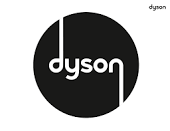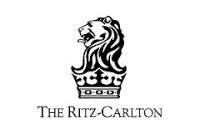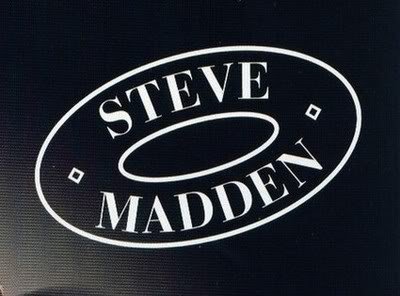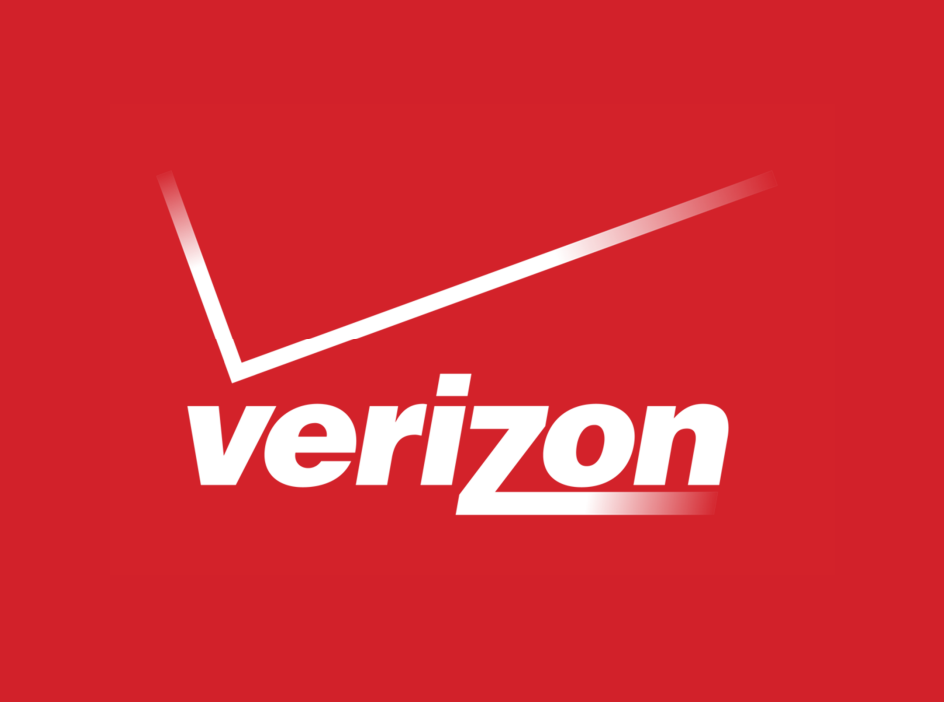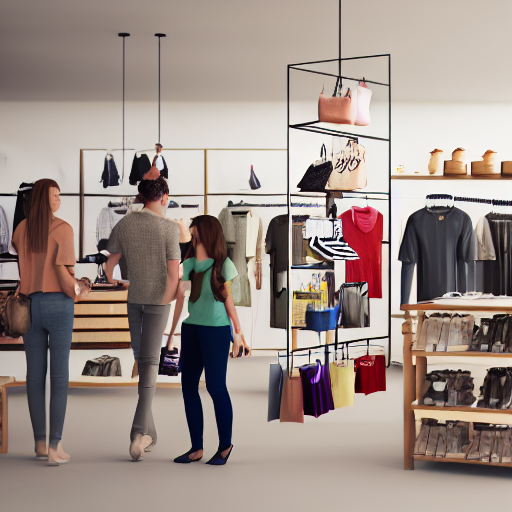
Another Day in the Life of a Retail Customer: The Importance of a Performance Culture
During a recent shopping trip to a well-known retail chain, it became evident that a performance culture was sorely lacking within the organization.
I have visited multiple locations of this chain to purchase various items for my home, car, camping supplies, and even Christmas lights and decorations.
While I can’t say I’ve ever been truly impressed with the level of service provided, I usually found what I needed and paid a reasonable price.
It was just another day in the life of a retail customer.
This particular store sells major brands and generally stands behind the merchandise they offer.
It’s easy to quickly determine whether a performance culture exists within a retail company or not.
If it doesn’t, some customers may not immediately recognize it, but they will undoubtedly leave with a dissatisfied feeling.
On this specific occasion, I was in search of a small appliance for my home—an electric can opener.
As I perused the shelves, I found coffee makers, mixers, toasters, and a wide range of small appliances. However, the one item I was looking for was noticeably absent.
I couldn’t fathom that a retail chain that had been in business for many years would not carry such a basic household appliance.
Assuming that I might have missed it, I approached an employee for assistance.
It’s worth noting that there was a considerable amount of merchandising activity taking place at the time.
Although the store’s merchandising schedule should not have been my concern, as customers should never take a back seat to any task being performed in a store, it did contribute to the confusion.
Nevertheless, the associate I encountered genuinely tried to assist me in finding an electric can opener.
He seemed somewhat embarrassed by the situation because he was certain that they carried them; he just didn’t know where they were located.
He attempted to contact someone via his headset who might have knowledge of the can openers’ whereabouts.
While I followed him around the small appliances department, he repeatedly apologized for the delay and confusion.
In the end, he regretfully admitted that he couldn’t find the electric can openers and apologized once again.
This incident exemplified the lack of a performance culture within the company.
The associate I interacted with was clearly focused on providing excellent service, but his colleagues and superiors—the ones he reached out to for assistance—did not share the same mindset.
In a truly performance-oriented company, all employees would be on the same page, working together to address customer needs.
The loss of a sale for a single electric can opener might not break the company, but it is crucial to recognize that this incident is likely not an isolated occurrence.
When these lost sales accumulate, the repercussions can be severe, as evidenced by the disappearance of long-standing retailers from the market.
A performance culture within a retail company must be well-defined, effectively communicated, and continuously nurtured.
It requires a collective effort from all employees, from frontline staff to management.
Every individual should understand their role in delivering exceptional customer experiences and be empowered to resolve issues promptly and efficiently.
Only by fostering a performance culture can retailers maintain customer loyalty, drive sales, and ensure long-term success in a highly competitive industry.
































